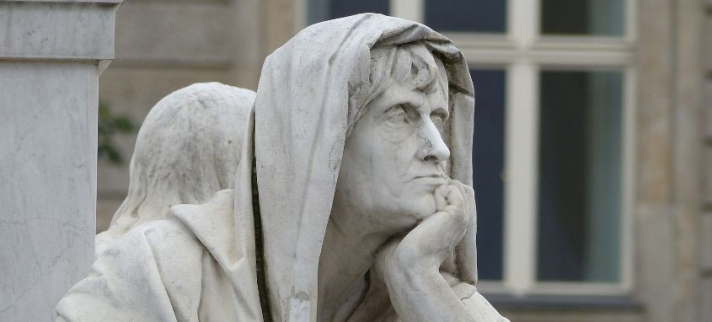Management gemsFind here some gems from our monitoring of the best publications on leadership and management

“Things were better before”… Really?
We often hear this nostalgic chorus: “We can’t trust one another like we used to; people are more and more individualistic; incivility and violence are on the rise…” According to this ditty, our society is facing a form of moral decline.
Psychologists Adam Mastroianni and Daniel Gilbert reviewed hundreds of studies to analyze this worrying phenomenon. They discovered that the myth of “moral decline” has in fact been around since antiquity. In parallel, the study of actual behaviors shows, at worst, stability, and most often a progression of positive behaviors. We are less frequently at war, rules and laws provide a better framework for relationships and reinforce trust, we continue to help one another…
Why do our perceptions differ so significantly from reality? Two cognitive biases are involved: the negativity bias and the memory bias. Our brains give greater importance to negative information, which originally constituted a protective reflex. On the other hand, our negative memories fade more quickly than our positive ones, which allows us to distance ourselves from negative experiences, but can also lead to our idealizing the past.
As a result, we cannot help thinking, often erroneously, that things were better before. But knowing why we have this biased perception can help us put it into perspective.
Source: Déclin moral : pourquoi pense-t-on toujours que « c’était mieux avant » ? [Moral decline: why do we always think “things were better before”?], Adam Mastroianni, Polytechnique Insights, November 2023.